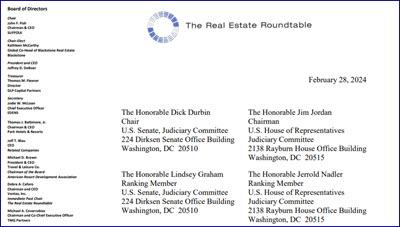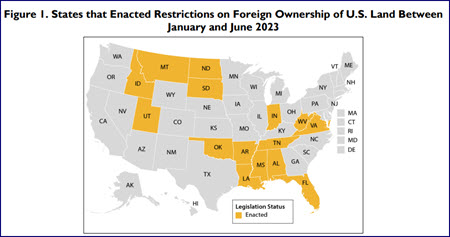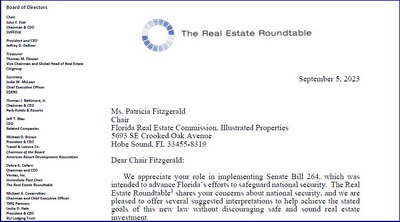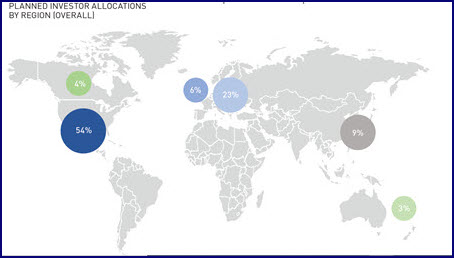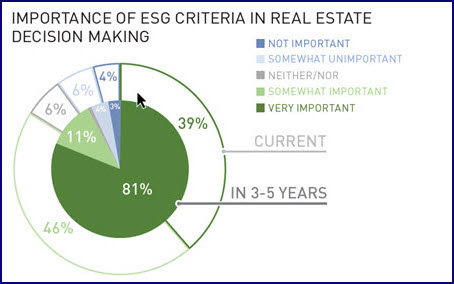
A bill passed by both chambers of Congress yesterday and signed by President Biden today punts a set of government funding deadlines to March 8 and 22, thereby preventing a partial government shutdown that was scheduled to start at midnight. (ABC News, March 1 | House bill text)
New Stopgap Goals
- The new two-tiered stopgap bill gives policymakers some time to negotiate a full-year appropriations bill as a House-passed tax package is under consideration in the Senate. (See tax story below).
- On Wednesday, congressional leaders announced the deal, which extends funding for the departments of Housing and Urban Development, Commerce, Energy, Transportation, and others from March 1 through March 8. The bill also extends funding for the Pentagon, Health and Human Services, Labor, and other agencies from March 8 through March 22.
SEC to Vote March 6 on Climate Rule
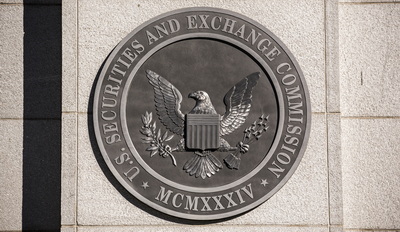
- The U.S. Securities and Exchange Commission (SEC) announced a vote next week on whether it will adopt final rules requiring companies to provide certain climate-related information in their registration statements and annual reports.
- The SEC’s “open meeting” to consider the climate rule will take place on Wednesday, March 6 at 9:45 am and will be webcast at www.sec.gov.
- PoliticoPro cited confidential sources claiming that SEC’s anticipated final rule may scale back on corporate reporting requirements that were more aggressive in its 2022 proposal regarding Scopes 1, 2, and 3 “value chain” emissions. RER’s 2022 comments to the SEC urged the Commission to drop its “back door mandate” for Scope 3 disclosures. (Roundtable Weekly, Feb. 16, 2024 and June 10, 2022)
Roundtable Urges Congress to Correct EB-5 Guidance
- The Real Estate Roundtable urged the leaders of the Senate and House Judiciary Committees this week to correct defective “guidance” enacted by the U.S. Citizenship and Immigration Services (USCIS) that is undermining the EB-5 Reform and Integrity Act of 2022 (RIA). [Roundtable EB-5 letter, Feb. 28, 2024]
- The USCIS’s arbitrary guidance states that EB-5 investments made after RIA’s enactment must “remain invested for at least two years.” This position contradicts regulations kept by USCIS on its rulebooks for decades.
- RER’s letter also explains that USCIS’s defective guidance exacerbates CRE’s current liquidity issues. For example, the agency’s position effectively eliminates the availability of EB-5 investment capital to help finance projects to convert underutilized commercial buildings to multifamily housing.
The Roundtable is calling on Congress to correct the error with a short statutory change that codifies the long-standing regulatory approach, which couples the periods for EB-5 capital sustainment and conditional residency.
# # #
